Sustainable luxury is the new status symbol in the UK

Luxury has always been about aspiration. The things coveted, the brands flaunted. But in the UK, the rules are shifting. It’s no longer just about the latest It-bag or a flashy car. It’s about something deeper – a reflection of values, a conscience. Welcome to the world of sustainable luxury. It says, “I care.”
The desire for beautiful, ethically sourced items extends to every corner of our lives. People are carefully choosing items for their homes such as berber rugs that reflect a commitment to fair trade and natural materials, adding a layer of meaning to their living spaces. These choices are a statement.
Beyond the logo: The evolution of prestige
Prestige” is morphing faster than one can say “organic cotton.” Blatant displays of wealth are starting to feel, well, a bit dated. Looking around, it becomes apparent that UK consumers, especially the affluent ones, demand sustainability. It’s not a trend; it’s a change.
At a recent sustainable fashion pop-up in Shoreditch, the atmosphere was notably vibrant – not due to discounts, but because attendees were genuinely engaged with the stories behind the garments. This signals a broader psychological shift. Wearing a consciously made item – such as a bespoke dress crafted from repurposed fishing nets or a solar-powered watch – has become a modern statement. It conveys not just style, but also ethical awareness and cultural relevance. Social media further amplifies this effect, with celebrities in sustainable gowns and influencers promoting electric vehicles helping to shape eco-consciousness as an aspirational value. It’s no longer about sacrifice, but about enriching the entire luxury experience through intention and impact.
UK fashion: Leading the charge
The British luxury fashion scene isn’t just keeping up; it’s pioneering. Stella McCartney, from day one, shunned animal products. More than that, she pushes for policy changes, inspiring others. Burberry is setting ambitious goals to reduce supply chain emissions. Then there are emerging names like Mother of Pearl, injecting fresh energy into the industry.
They’re experimenting with biodegradable textiles, regenerative farming, and fabric reuse programs. Even heritage houses are embracing upcycled collections, breathing new life into old materials. For example, one Savile Row tailor now offers a service where they’ll deconstruct an old suit and remake it into something completely new. Sustainability is increasingly seen not as a limitation but as a catalyst for creativity – and commercial success. Some boutique retailers in areas like Notting Hill report that their sustainable product lines are consistently outperforming traditional luxury offerings, reflecting a shift in consumer priorities toward ethical and environmentally conscious choices.
The eco-elevated lifestyle: Cars, homes, and travel
Sustainable luxury extends beyond fashion. Imagine gliding silently in the all-electric Rolls Royce Spectre. Luxury experiences now go hand in hand with sustainability. The demand for sustainable architecture in elite UK residential spaces is soaring. Energy-efficient smart homes and carbon-neutral estates built with bio-based materials represent a new level of conscious living.
And the new era of eco-luxury travel? Forget carbon-intensive escapades. Think eco-resorts nestled in breathtaking landscapes, carbon-offset programs for private flights, and the resurgence of train travel. Sipping champagne, watching the English countryside from a luxury train carriage, it’s a statement. A friend recently booked a “rewilding retreat” in the Scottish Highlands that cost more than a week in the Maldives, and she said it was worth every penny.
Driving the change: The cultural catalysts
Who’s driving this? Younger, affluent UK consumers demanding more from luxury brands. They’re digitally native, socially conscious, and use their purchasing power to drive change.
British celebrities like Emma Watson and national treasures like Sir David Attenborough champion sustainability. Then there are the behind-the-scenes players: luxury buyers’ clubs, private wealth managers, fashion media outlets. These actors are all playing a role in shaping consumer preferences. Personal shoppers at high-end retailers, including Harrods, report that clients are increasingly requesting sustainable options – even when those choices come at a premium.
Transparency, certification and trust
Talk is cheap. UK consumers want proof. That’s where third-party certifications come in. B-Corp, Fair Trade, Carbon Neutral, they’re seals of approval.
But there’s more. Tech-enabled transparency is gaining momentum. Blockchain technology traces a garment’s journey from raw material to finished product. Traceability apps allow consumers to scan QR codes and learn about environmental impact. Brands are being more open about supply chains and manufacturing. It’s about building trust, proving sustainability isn’t just a marketing gimmick. One London-based brand, Provenance, is a great example of this, helping other luxury brands verify and communicate their sustainability credentials.
Challenges on the road
It’s not all smooth sailing. There are challenges. Supply chain issues – sourcing sustainable materials, ensuring ethical labour practices, minimising transportation emissions – are complex and expensive.
Questions of accessibility remain. Will sustainable luxury continue to cater primarily to affluent consumers, or can it evolve to become more inclusive? There is also the ongoing risk of “luxury-washing” – where sustainability claims are used to justify elevated prices without substantive backing. For instance, some products are marketed as “eco-friendly” based solely on their country of manufacture, a practice that raises concerns about transparency and credibility.
The future of UK sustainable luxury
Looking ahead, the future of sustainable luxury is likely to be shaped by advances in AI and cutting-edge materials science. Innovations such as lab-grown leather, algae-based dyes, and textiles made from recycled air pollution are poised to play an increasingly significant role in the industry.
The rent/repair/resale model will also rise. Circular economy principles are important as consumers look to extend the lifespan of luxury items. And we’ll see a shift towards “silent luxury.” It is about subtlety and quality, not big logos, making considered choices and living a conscious lifestyle, not flashing wealth. A recent collection by a British designer, created using only natural dyes and vintage fabrics, exemplifies the concept of “silent luxury” – understated, refined, and positioned at the high end of the market.
From status to substance
Sustainable luxury isn’t just a trend; it’s a shift in values. It represents a conscious choice, emphasising substance over show and true status, which lies not in the quantity of possessions, but in the responsibility of the purchase. It’s not merely about possessing the best, but about making the best choices. As the UK paves the way for this new era of mindful consumption, it becomes imperative to consider the legacy that is to be left behind.
The editorial unit

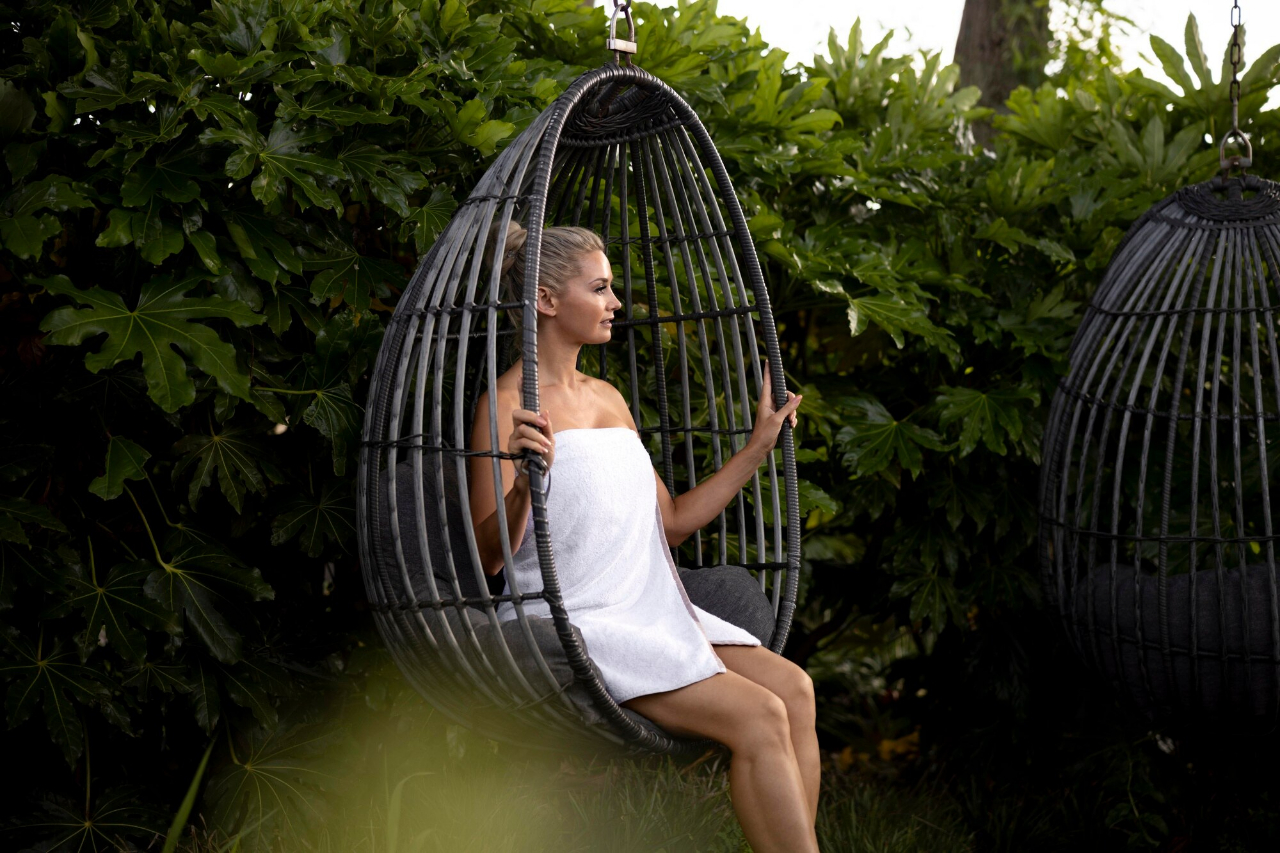


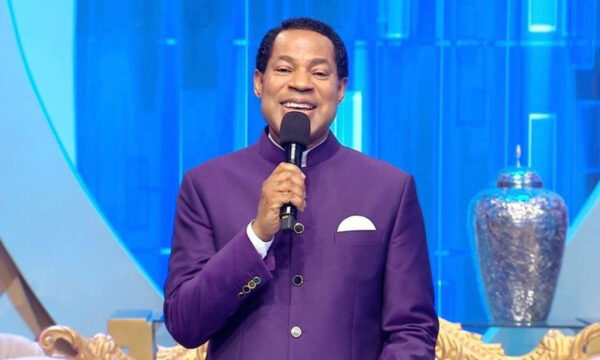


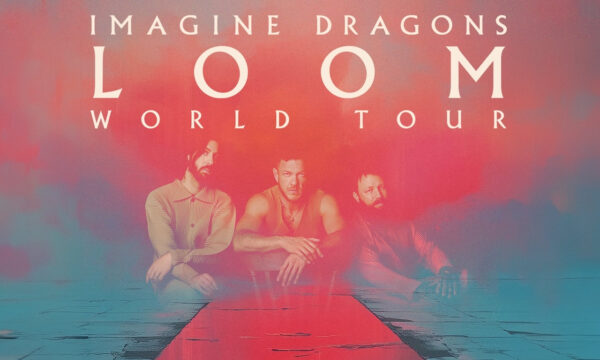
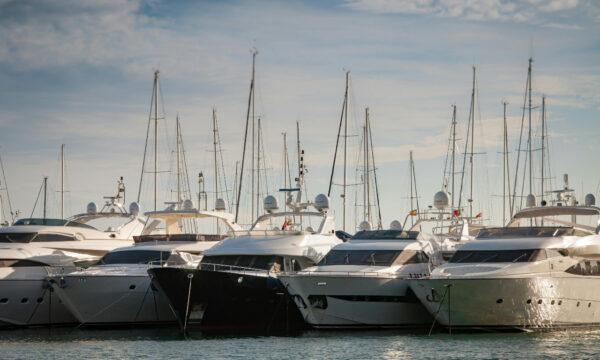
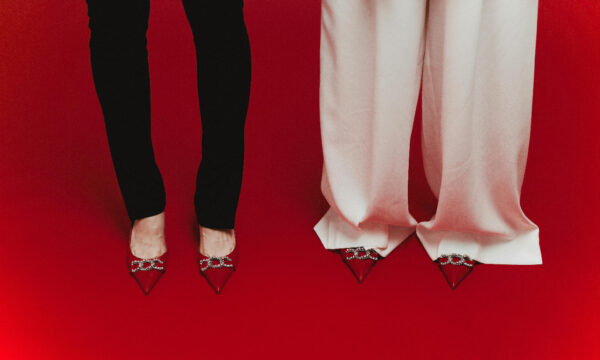
















Facebook
Twitter
Instagram
YouTube
RSS